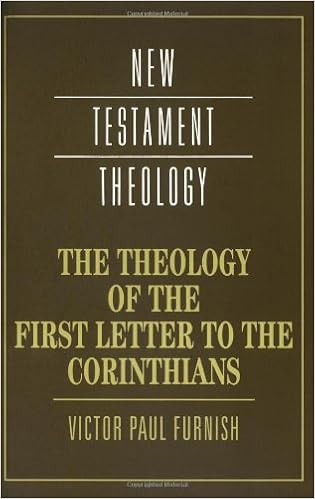Two weeks from today I am scheduled to present a paper in the Intertextuality in the New Testament section at the Society of Biblical Literature annual meeting in San Diego. Here is the abstract:
Paul's sarcastic description of the Corinthians as wealthy, reigning kings in 1 Cor 4:8 is often regarded as a reference to popular Stoic philosophy (e.g., Conzelmann, Hays, Thiselton). With “kings” as the point of comparison to the ideal Stoic wise man, Paul’s initial reference to the Corinthians’ satiety amounts to little more than a rhetorical flourish. In this paper I will argue that all three descriptions of the Corinthians—their wealth, their reign, and their satiety—draw on Hosea’s prophetic denunciation of rebellious Israel. “Already you have become rich” (ἤδη ἐπλουτήσατε) in 1 Cor 4:8 recalls Ephraim's claim, "I have become rich" (πεπλούτηκα) (Hos 12:9]); “apart from us you have begun to reign” (χωρὶς ἡμῶν ἐβασιλεύσατε) echoes Hosea's reference to those who “ruled for themselves and not through me" (ἑαυτοῖς ἐβασίλευσαν καὶ οὐ δἰ ἐμοῦ) (Hos 8:4); and the sated (κεκορεσμένοι), arrogant (φυσιοῦσθε) Corinthians of 1 Cor 4:6 and 8 resemble the sated (ἐνεπλήσθησαν), proud (ὑψώθησαν αἱ καρδίαι αὐτῶν) Israel of Hos 13:6. These close verbal and conceptual links are supported by the direct citation from Hos 13:14 in 1 Cor 15:55, other proposed echoes of Hosea in 1 Cor 6:18 and 1 Cor 15:8, and by more general thematic parallels between the biblical prophet and the apost
le. Like Hosea, Paul is concerned about the problem of covenant unfaithfulness that finds expression in idolatry and immorality. Identifying Hosea’s influence on Paul’s thought places into starker relief the prophetic threat of divine judgement that undergirds Paul’s address to the Corinthians.
Now for one good weekend to finish writing the paper!
 |
| Unrelated Photo: Buffalo Pound (20 Oct 2024) |



